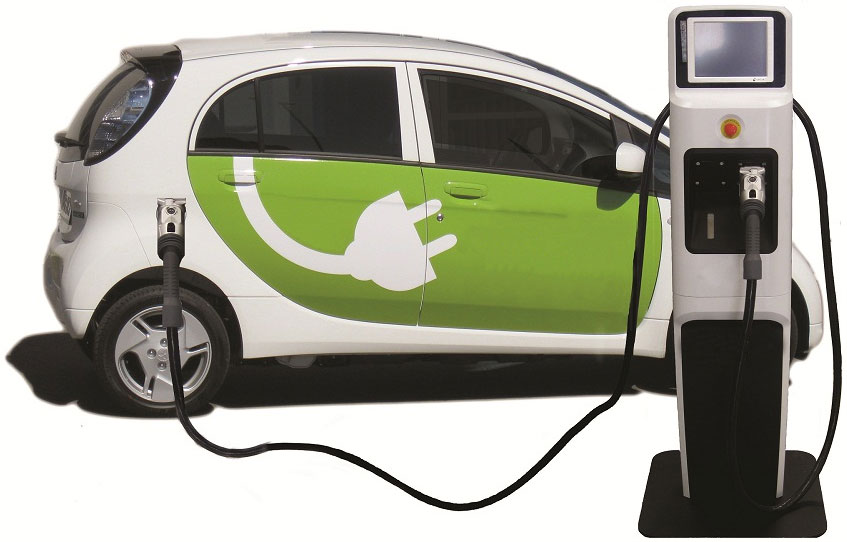Electric Vehicle Batteries Gets A Better Option
- 16/06/2015
- Transport
- Posted by Tessa Romarez
- Leave your thoughts
There are so many electric vehicles that are out in the market these days and as more and more car manufacturing companies are creating their own model for e-vehicles, this industry would definitely continue to grow.
The need to have better electric vehicle batteries is then becoming a big demand as well. Now, the University of Waterloo has come up with a great alternative to the current lithium-ion battery charger for electric vehicles that is going to be cheaper, that is going to be more powerful and more importantly, that will be a lighter rechargeable battery for these electric vehicles.
Linda Nazar, Chemistry Professor from the University of Waterloo, together with her research team in the Faculty of Science, announced a lithium-sulphur battery technology that will be their bet for the best battery for electric vehicles. They just wrote a report about it in the latest issue for Nature Communications.
So what does the lithium-sulphur battery do? For starters, it can be able to power up the electric vehicle three times more compared to the lithium-ion batteries that are currently being used. More importantly, it is cheaper.
Nazar and her team have been known to come up with a feasibility paper on Li-S battery in the past, specifically last 2009 when they came out with a report about such battery using nanomaterials. Sulphur is an abundant material, and important features that this material has, that is: it is cheap and it is light; and these are the reasons why it is a good material to use for batteries. Unfortunately, sulphur easily dies as it exhausts itself after a few cycles, as it dissolves to form polysulphides.
This problem has been addressed by Nazar and her team. With their research, they were able to find that metal oxides is the answer to increasing the life cycle of sulphur. Manganese dioxide (MnO2) recycles sulphides. Using a two-step process, the cathode then is able to recharge the sulphide to more than 2000 cycles.
There are other studies that are being made, one by a postdoctoral research associate, Xiao Ling, together with graduate students, Connor Hart and Quan Pang, as they found out that grapheme oxide is also a great metal to work with sulphide, resulting to the same effect that Nazar and her team found with MnO2. With those findings, they are looking for alternative oxides that would work with sulphur and help retain its power as it would be used for batteries for electric vehicles.
All these work, research and studies are being financially supported by BASF International Scientific Network for Electrochemistry and Batteries. There are other authors for this research being done by Ling, which includes Arnd Garsuch and Thomas Weiss, from BASF.
Nazar also continued to share that during the conference happening on February 14, 2015 for the AAAS, American Association for the Advancement of Science, Annual Conference, which will be held in San Jose Convention Center, she will be presenting the great benefits of using lithium-sulphur battery technology and how it would better serve electric vehicles now and in the future.

